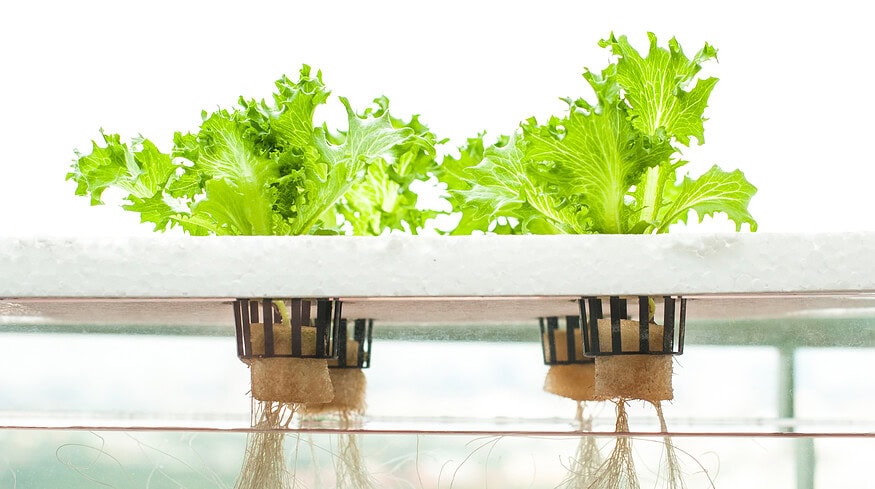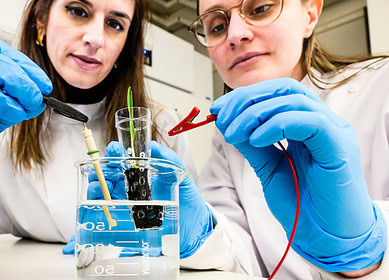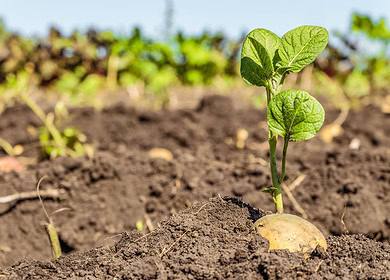Japanese researchers unveil plasma-powered disinfection for hydroponic plants

Researchers from Nagoya University and Meijo University in Japan have developed a novel disinfection technology that has the potential to transform hydroponic farming. Their work, published in Environmental Technology & Innovations, demonstrates how low-temperature plasma, generated through electricity, can effectively sterilize crops grown hydroponically, eliminating the need for chemical treatment while promoting sustainable plant growth.
Hydroponics, a method of growing plants in a nutrient solution without soil, faces the challenge of pathogenic E. coli contamination, which can compromise crop safety and lead to foodborne illnesses. Traditionally, combating this risk has involved chemical treatments that not only pose environmental hazards through water contamination and greenhouse gas emissions but also necessitate the repeated replacement of nutrient solutions.
The research team has pioneered an environmentally benign alternative that uses plasma—a state of matter consisting of ions, electrons, and neutral particles—to sterilize hydroponic nutrient solutions. This innovative approach harnesses the power of electricity to generate low-temperature plasma, which produces reactive oxygen species. These species, in turn, convert tryptophan—a crucial amino acid for plant development—into radicals that can still be metabolized by the plants but are lethal to E. coli bacteria.
This plasma-based method disrupts key metabolic pathways in E. coli, effectively neutralizing the bacteria without harming the plants or the environment. The technology targets the glycolytic and tricarboxylic acid cycles, essential for bacterial survival, and inactivates the critical enzyme GAPDH, leading to sterile crops in a significantly reduced time frame compared to conventional chemical treatments.
Professor Kenji Ishikawa of the Nagoya University Center for Low-temperature Plasma Sciences highlighted the broader implications of their findings, stating, “We developed a sterilization technology using oxygen radicals, which is promising as a hygiene control technology for nutrient solution in modern hydroponic cultivation.” He emphasized the alignment of their technology with sustainable development goals and green strategies, noting its potential to eliminate the use of chemical pesticides, reduce greenhouse gas emissions, and foster a shift away from fossil fuels.
This plasma-based sterilization method not only represents a leap forward in ensuring the safety and sustainability of hydroponically grown crops but also underscores the potential of innovative technologies to address pressing environmental and health challenges in agriculture.
Enjoyed this story?
Every Monday, our subscribers get their hands on a digest of the most trending agriculture news. You can join them too!
















Discussion0 comments